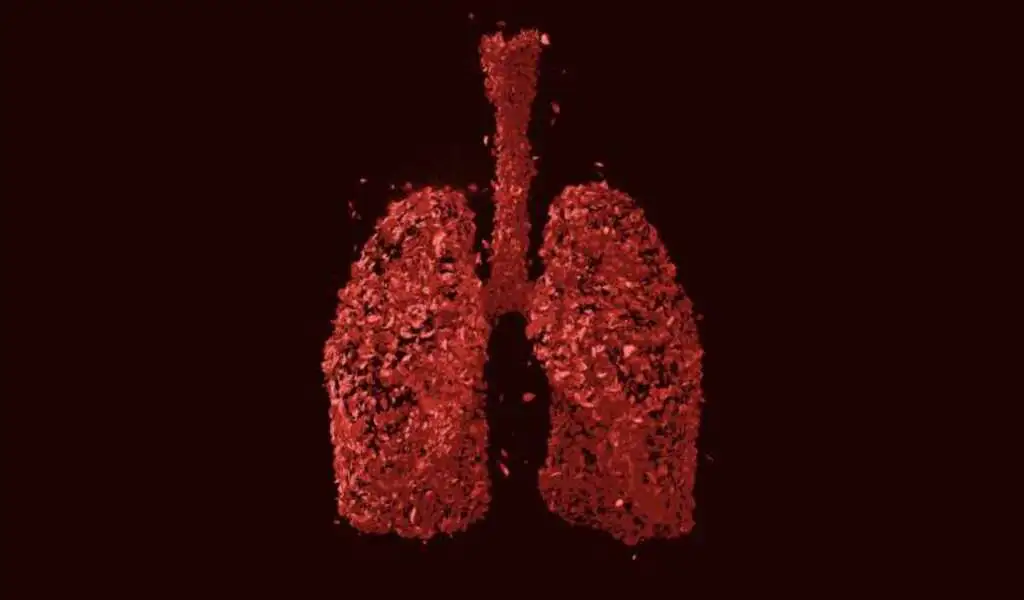Health
Lung Bacterial Colonization Is Also Influenced By The Host Genome

(CTN News) – There is no doubt in my mind that the lung is not a sterile place, as was commonly believed for a long time.
As it turns out, it is actually a microbial ecosystem that harbors a diverse collection of organisms.
As we have seen in previous studies, changes in the microbiome are associated with diseases such as cystic fibrosis, asthma, and chronic obstructive pulmonary disease (COPD).
There are many environmental factors that can affect the composition and stability of the microbial community in the lungs, such as smoking, nutrition in infancy, and the use of antibiotics.
The influence of host genetics on the lung microbiome remains a mystery to us to this day. In part this is due to the difficulty of obtaining samples.
Microorganisms are found in relatively small numbers in the lungs.
Using a mouse model of the microbiome, a team of scientists from the Leibniz Science Campus EvoLUNG led by Professor John Baines has conducted detailed analyses of the microbiome in a mouse model.
It has been published in a journal called Animal Microbiome that the findings are published.
It has been determined that genes that influence lung bacteria and may contribute to disease susceptibility have been identified by studying the links between individual bacterial species within and markers within the host genome,”
Baines, head of the Evolutionary Medicine working group at Kiel University (CAU) and the Max Planck Institute for Evolutionary Biology in Plön, explains.
There were seven genomic regions associated with eight bacterial traits. According to Baines, “we identified several promising genes related to immune and inflammatory responses, lung function, and disease susceptibility”.
To measure the species of bacteria present in the lungs of mice with low biomass, state-of-the-art molecular biological methods of analysis were used. Dr. Meriem Belheouane from the Research Center Borstel, Leibniz Lung Center (FZB) explains, “Our study provides the first indication that host genetic variation contributes to variation in the microbiota.”
There has been significant correlation between Lactobacillus levels in the and a specific region containing the gene coding for the anti-inflammatory cytokine Interleukin 10.
As a result of deactivating the gene for Interleukin 10 (IL-10), this observation was confirmed in animals.
According to Belheouane, “IL-10 knockout mice had fewer Lactobacilli than their non-knockout counterparts.” Host genetic variations were also observed for Pelomonas, a different bacterial species that lives in the lungs.
It is possible to use the functional significance of these bacterial species in the future for the purpose of preventing or treating disease.
SEE ALSO:
Depression In Children May Be Treated With Ketamine





























